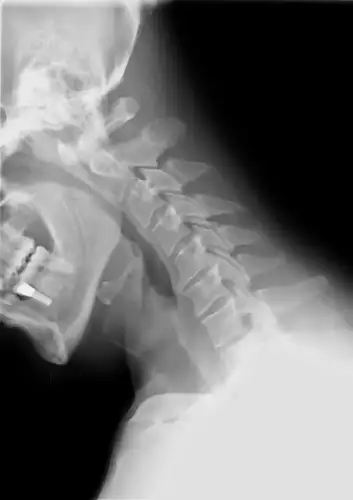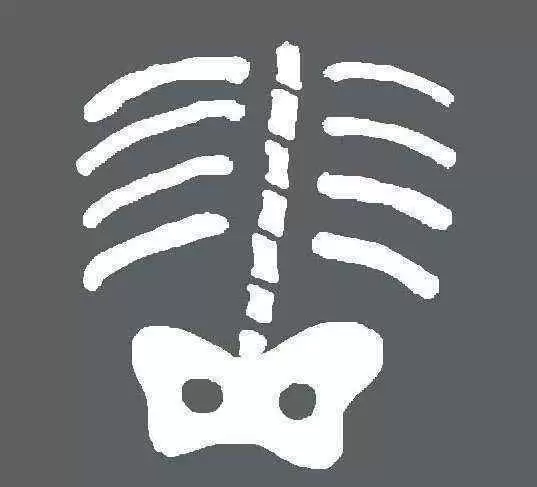Celiac.com 02/03/2025 - Bone health is a significant concern for individuals with celiac disease, a condition that extends beyond the digestive system to affect the entire body. This study sheds light on how celiac disease impacts bone mineral density, body composition, and levels of key nutrients like vitamin D and calcium. By comparing women with celiac disease to healthy individuals, researchers provide insights into the broader implications of the disease on skeletal and overall health.
Key Focus: Bone Mineral Density in Celiac Disease
Bone mineral density refers to the strength and density of bones, which are vital for preventing conditions like osteopenia and osteoporosis. These conditions weaken bones, making them more prone to fractures. In this study, researchers used a specialized imaging technique called dual-energy X-ray absorptiometry to measure bone density at two critical sites: the lumbar spine and the femoral neck.
Celiac.com Sponsor (A12):
Women with celiac disease demonstrated significantly lower bone mineral density than their healthy counterparts. Specifically, over one-third of participants with celiac disease had osteopenia in the lumbar spine, while 13% had osteoporosis. The femoral neck, however, showed lower rates of osteoporosis but still indicated a decline in bone health. Despite these findings, none of the women in the study reported a history of fractures, suggesting that bone fragility may develop silently over time.
Body Composition Differences
Celiac disease also affects body composition, which includes body mass, fat tissue, muscle mass, and fat-free mass. Women with celiac disease in this study had lower body mass and body mass index than healthy participants. Additionally, their levels of fat and muscle tissue were reduced, potentially reflecting long-term nutritional deficiencies and malabsorption issues commonly associated with the disease.
These findings align with the nature of celiac disease as a condition that disrupts nutrient absorption in the intestines. While some individuals with newly diagnosed celiac disease may present with normal or elevated body mass, many still experience undernutrition and its associated consequences.
The Role of Vitamin D and Calcium
Vitamin D and calcium are critical for maintaining bone health. The study highlighted significant differences between the groups in how these nutrients were managed. Women with celiac disease were more likely to take vitamin D and calcium supplements than healthy individuals. As a result, their blood levels of vitamin D were higher, though no significant differences were observed in ionized calcium levels between the groups.
Despite the higher supplementation rates, the prevalence of low bone density remained higher among participants with celiac disease. This suggests that while supplementation helps improve nutrient levels in the blood, it may not fully address the bone health challenges associated with the disease.
Insights into Bone Health Screening and Management
The study underscores the importance of early screening and monitoring of bone health in individuals with celiac disease. Bone mineral density assessments using dual-energy X-ray absorptiometry can identify early signs of osteopenia or osteoporosis, even in patients without symptoms.
Additionally, the findings suggest that simply taking supplements may not be enough to counteract the effects of long-term nutrient deficiencies caused by celiac disease. A comprehensive approach, including a strict gluten-free diet to reduce inflammation, physical activity to strengthen bones, and potentially tailored medical treatments, could provide better outcomes.
Why This Matters for People with Celiac Disease
Celiac disease is more than a condition requiring dietary changes; it has wide-reaching effects on overall health, including bone strength. This study highlights the need for increased awareness of these issues among patients and healthcare providers.
For individuals with celiac disease, understanding the risks to bone health can encourage proactive steps, such as regular bone density scans, diligent vitamin D and calcium supplementation, and adherence to a gluten-free diet to improve nutrient absorption. These measures can help prevent serious complications like osteoporosis and ensure better long-term health.
This research provides valuable evidence that celiac disease’s impact extends far beyond the gut. By addressing these systemic challenges, those living with celiac disease can lead healthier and more resilient lives.
Read more at: termedia.pl










Recommended Comments
Create an account or sign in to comment
You need to be a member in order to leave a comment
Create an account
Sign up for a new account in our community. It's easy!
Register a new accountSign in
Already have an account? Sign in here.
Sign In Now